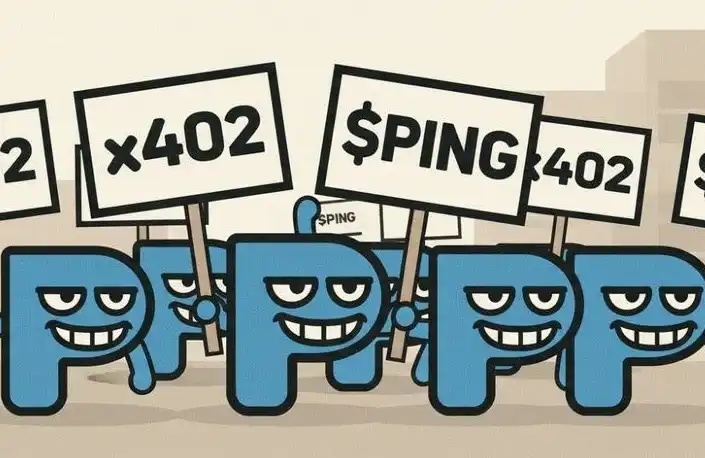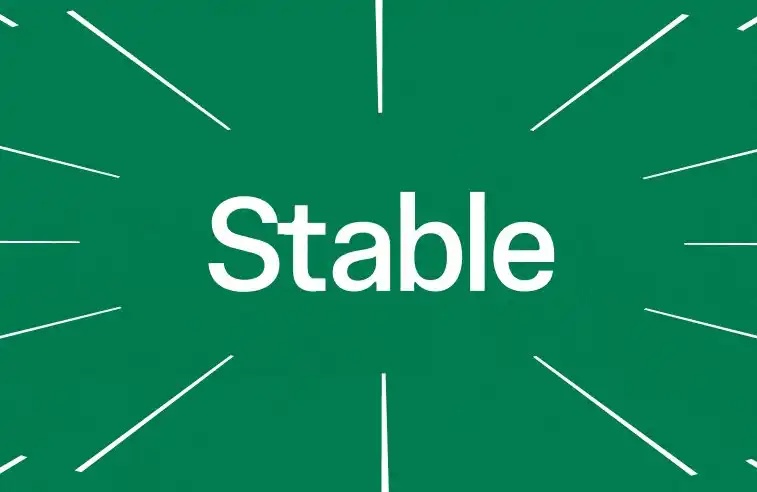How to choose a Bitcoin wallet?
Original author: Hezron Karani
Translated by: BTCStudy
Bitcoin wallets allow you to be your own bank. That's the entire reason why it's revolutionary.
However, not all Bitcoin wallet software has fulfilled their promises. In fact, some wallets intentionally install backdoors. Nevertheless, you still need to choose a wallet to store your Bitcoin.
When choosing a Bitcoin wallet, in order to make an informed decision, you must first know two things:
1) Bitcoin wallets do not "store bitcoins". The ownership of all bitcoins is recorded on the Bitcoin blockchain.
2) By default, Bitcoin is not private and using it leaves a public record.
Remember these two things, and you will know what you may need to compromise when choosing a wallet. Instead of blindly choosing, the qualities mentioned in this article can help you:
1) Find a Bitcoin wallet that suits you.
2) Securely store your Bitcoin.
3) Avoid possible errors when using Bitcoin. Once a Bitcoin transaction is confirmed, it cannot be reversed.
4) Use Bitcoin Privately
1. You want your Bitcoin to be secure
You have worked hard to earn some bitcoins, and the worst thing that could happen is that you lose them all by accident.
Generally speaking, this is the cost you will pay for holding Bitcoin without understanding how Bitcoin wallets work.
Bitcoin wallets do not actually store your bitcoins. Instead, they store some confidential information related to your bitcoins, called "private keys", which allow you to control your own bitcoins. Losing these private keys means losing your bitcoins.
Your Bitcoin security depends on who is holding your private key and how it is being stored.
(Translator's note: In summary, the ownership information of Bitcoin is recorded on the Bitcoin blockchain, not stored in the wallet. Each Bitcoin is held by a script public key, which can be unlocked using a private key to spend the Bitcoin. The wallet only keeps the private key, and losing the private key means losing the corresponding Bitcoin; exposing the private key to others means that they can transfer your money. The private key itself is a piece of data and can be backed up.)
Who controls your private key?
You can either keep your private key yourself or have someone you trust keep it for you.
This difference has resulted in two different types of wallets (distinguished from a control perspective):
1) Hosted wallet - someone else owns your private key and controls your funds.
2) Non-custodial wallet - the private key is under your control, and only you have control over your funds.
This is similar to a safe deposit box for your assets. You can rent a safe deposit box at a bank or keep one in your own home.
Hosted Wallet
You do not actually own the safe deposit box in the bank, the bank itself owns it and only provides you with a service to access what is inside. You must trust them to know what is inside and keep it safe for you.
Similarly, in a hosted wallet, a third party that you trust allows you to access and secure some bitcoins. A common example of a hosted wallet is a centralized hosted exchange.
Non-custodial wallet
Your safe deposit box, which is kept at home, only you know about it, and only you can open it. You are responsible for its security, and only you control who can open it and who cannot. Similarly, an unmanaged wallet allows you to fully take responsibility for the security of your Bitcoin.
Using an unmanaged wallet means that you need to ensure the security of your wallet's seed phrase.
This kind of mnemonic phrase is used to initialize a wallet and can be used to recover your wallet. In fact, it is used to derive the private key used in your wallet.
2. Financial privacy is non-sacrificial
Your wallet will leak your financial information in the following stages:
So, what can a wallet do for your privacy?
Bitcoin wallets don't require your personal information
Bitcoin is a type of permissionless technology. All wallets do not require you to disclose your personal information to the wallet service provider. This information is unrelated to the wallet's operation and does not affect your access to the public ledger.
When your wallet demands personal information from you before allowing you to use it, you should know that this has nothing to do with Bitcoin, but is a unilateral requirement from the wallet service provider. If you accept it, you will sacrifice your privacy. This situation often occurs when using custodial wallets on exchanges, but the collected personal information is used to target you, not to protect you.
Wallets should generate a new address for each transaction
Wallets that do not allow you to generate new addresses for new transactions will compromise your privacy. Because all addresses are public, using the same address multiple times to receive Bitcoin will reveal to others that these transactions involve the same entity.
Even if you are the sender, address reuse can harm your privacy, so before spending your Bitcoin, check which address you are paying the merchant or trading with; if it has received Bitcoin multiple times before, immediately generate a new address.
In Bitcoin, reusing addresses poses risks as well as other risks.
Privacy tools can be built into wallets
Because Bitcoin has implemented a public ledger for storing transaction records, privacy should be the top consideration when choosing a wallet.
For privacy-sensitive users, multi-party transactions such as coinjoins and the Lightning Network provide a way to hide in the crowd. In other words, using a wallet with built-in privacy tools, such as Wasabi Wallet, can make it easier to protect your privacy.
3. Your Bitcoin wallet should be user-friendly
The friendliness of a wallet determines whether you can smoothly experience Bitcoin. Moreover, it can also prevent you from making some unexpected mistakes.
However, what is "friendly"?
Wallet helps you track your transactions
The pseudonymous nature of Bitcoin transactions can quickly lead to memory confusion.
The simplest (and privacy-friendly) way that a wallet can do is to allow you to label your incoming and outgoing transactions.
Wallets should help prevent you from sending money to the wrong Bitcoin address
If you send money to the wrong address, you may never be able to retrieve it. This means that you must be extremely careful when sending Bitcoin. However, your wallet can help you. How so?
A wallet can detect invalid addresses and help you double-check the address before submitting a transaction.
Wallets can help you save on transaction fees
If you use two 20 yuan bills to pay for 15 yuan, the cashier will be confused because only one bill is needed.
Bitcoin wallets should also avoid this kind of confusion. Because using transaction inputs means paying unnecessary fees. The wallet should be smart enough to only spend inputs that are enough to complete the payment, rather than abusing the funds in the wallet.
Wallets should provide backup options
Seed word backup is a critical feature because it allows you to quickly recover your wallet in case of unexpected events.
Simple and user-friendly interface
Is the design of the wallet straightforward and easy to use? Only a wallet that is simple and user-friendly, without requiring you to be a technical expert, is a good wallet.
There is always room for improvement in user experience
Welcome to join the official BlockBeats community:
Telegram Subscription Group: https://t.me/theblockbeats
Telegram Discussion Group: https://t.me/BlockBeats_App
Official Twitter Account: https://twitter.com/BlockBeatsAsia


 Forum
Forum Finance
Finance
 Specials
Specials
 On-chain Eco
On-chain Eco
 Entry
Entry
 Podcasts
Podcasts
 Activities
Activities
 OPRR
OPRR







